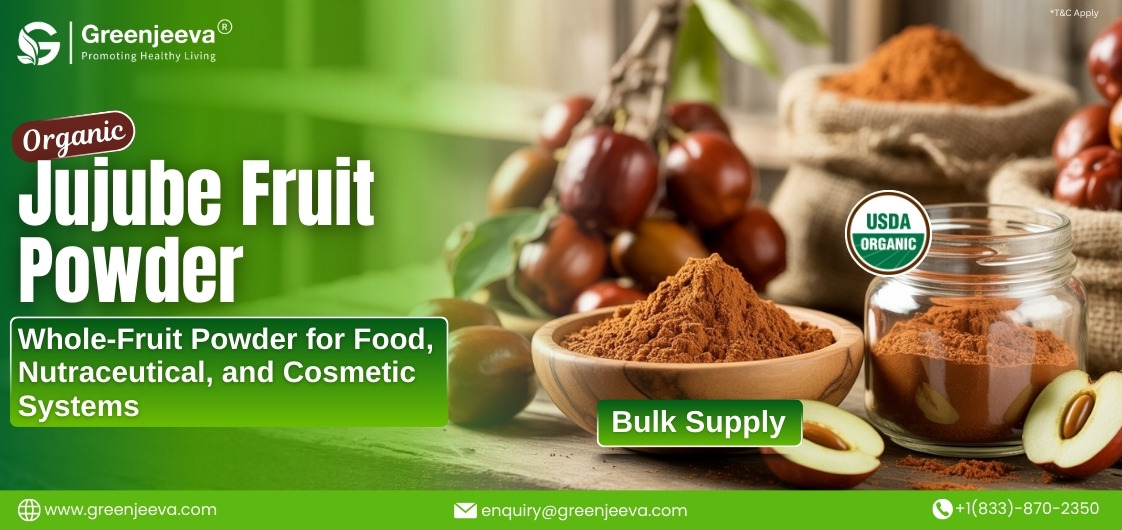Overcoming Sourcing Hurdles: Manufacturing Gluten-Free Products in a Growing Market

Introduction
When a company decides to venture into the manufacturing of gluten-free products, the sourcing team encounters various challenges and issues. One of the primary concerns is finding reliable suppliers of high-quality gluten-free ingredients. Sourcing gluten-free alternatives requires careful evaluation of suppliers' certifications, ingredient transparency, and quality assurance processes. Additionally, ensuring a consistent supply chain for these specialized ingredients can be complex as the demand for gluten-free products rises. The sourcing team must navigate potential cross-contamination risks, adhere to strict labeling regulations, and establish partnerships with suppliers who understand the unique requirements of gluten-free manufacturing. By addressing these issues effectively, the sourcing team can contribute to the company's gluten-free product line's success and meet the growing market demand.
The Gluten-Free Market Landscape
To comprehend the potential of gluten-free flour alternatives, it's crucial to examine the current state of the gluten-free market. This segment has seen remarkable growth, driven by increased consumer awareness, a rise in gluten-related disorders, and the adoption of gluten-free lifestyles across diverse demographics. This trend showcases the immense opportunity for businesses to cater to the growing demand for gluten-free products.
Meeting the Rising Demand: The Flourishing Market for Gluten-Free Alternatives
The demand for gluten-free alternatives has surged in recent years, driven by a growing awareness of gluten-related disorders and an increasing number of consumers adopting gluten-free diets. With a focus on health and wellness, individuals are seeking gluten-free options that cater to their dietary needs. This rising demand has created a significant market opportunity for businesses to provide gluten-free alternatives across various industries.
Whether in the food and beverage sector or the healthcare industry, the demand for gluten-free alternatives continues to grow, prompting companies to innovate and develop high-quality products that meet the needs of this expanding consumer base.
Exploring Gluten-Free Flour Alternatives
Gluten-free flour alternatives come in a diverse range, each with unique properties, flavors, and applications. Popular options include almond flour, coconut flour, rice flour, oat flour, and more. Highlighting the versatility of these alternatives and showcasing their potential in various baked goods and culinary creations can inspire businesses to explore innovative product offerings.
Ditching Gluten, Embracing Flavor
Explore the versatility of gluten-free flour alternatives as we present a list of raw ingredients utilized as substitutes for gluten-containing flour.
Almond Flour: Made from ground-blanched almonds, almond flour is a nutrient-rich, nutty, flavor-rich alternative. It works well in baked goods and adds moisture and richness.
Coconut Flour: Derived from dried and ground coconut meat, coconut flour is high in fiber and imparts a subtle coconut flavor. It absorbs liquid well and is used in gluten-free baking.
Rice Flour: Made from ground rice, rice flour is versatile and has a mild flavor. One can use it alone or combine it with other gluten-free flour for baked goods.
Oat Flour: When made from certified gluten-free oats, oat flour suits those avoiding gluten. It adds a pleasant taste and texture to baked goods and is often used in cookies, muffins, and pancakes.
Buckwheat Flour: Despite its name, buckwheat is gluten-free and not related to wheat. Buckwheat flour has a rich, nutty flavor and is used in pancakes, crepes, and bread.
Quinoa Flour: Ground from quinoa seeds, quinoa flour is a protein-rich alternative that adds a nutty flavor. It works well in various recipes, including bread, cookies, and cakes.
Sorghum Flour: Derived from cereal grain, sorghum flour is a versatile option for gluten-free baking. It has a mild flavor and can be combined with other flours for optimal texture and taste.
Potato Flour: Made from dehydrated potatoes, potato flour adds moisture and a smooth texture to gluten-free baked goods. It is often used in bread, pizza dough, and dumplings.
Chickpea Flour: Chickpea flour, also known as gram flour or besan, is made from ground chickpeas. It offers a nutty flavor and finds application in savory dishes such as flatbreads, fritters, and batters.
Tapioca Flour/Starch: Extracted from the cassava root, tapioca flour/starch is a versatile ingredient that adds chewiness and structure to gluten-free baked goods. It is often used in combination with other flours to improve texture.
Market Opportunities and Target Segments
Identify the diverse market segments that can enjoy gluten-free flour alternatives. Food service providers, bakeries, catering companies, and manufacturers of gluten-free products are a few examples. Discuss the potential for partnerships and collaborations to meet the growing demand. Targeting specific segments allows businesses to tailor their offerings and establish strong relationships with B2B customers.
Establishing Reliable Supply Chains
Partnering with reliable suppliers of gluten-free flour alternatives is vital for maintaining consistent product quality and availability. Discuss sourcing practices, certifications, quality assurance, and transparency considerations. By selecting trustworthy suppliers, businesses can ensure the integrity of their products and, in turn, meet customer expectations.
Marketing and Consumer Education
Effective marketing strategies and consumer education are key to success in the gluten-free market. Transparent labeling, certifications, and clear communication of nutritional benefits and applications of gluten-free flour alternatives are essential. Guide on reaching and engaging with the target audience through various marketing channels. By educating consumers, businesses can build trust and loyalty.
Conclusion
The rising demand for gluten-free options presents a unique opportunity for businesses in the B2B market. By offering gluten-free flour alternatives, understanding the market landscape, exploring diverse gluten-free flour options, formulating high-quality products, establishing reliable supply chains, implementing effective marketing strategies, and navigating regulatory considerations, businesses can succeed in the gluten-free market.
As consumers focus on their health and dietary preferences, providing gluten-free alternatives becomes a strategic move for B2B companies seeking to expand their product offerings and capture a larger market share. By embracing the gluten-free movement, B2B businesses can unlock growth, foster customer loyalty, and establish themselves as trusted partners in meeting the evolving needs of health-conscious consumers.
Are you ready to exploit the rising demand for gluten-free flour alternatives? Start today and position your B2B business for success in this thriving market.
**These statements have not been evaluated by the Food and Drug Administration. This product is not intended to diagnose, treat, cure or prevent any disease.**






